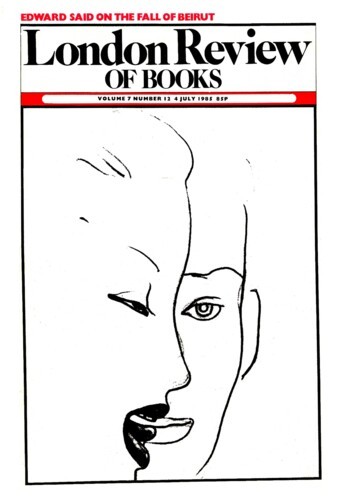Leo Marx looks at the picture of a ludic Frost
Leo Marx, 4 July 1985
On the eve of the First World War, London still beckoned aspiring American poets. Ezra Pound arrived in 1908, Robert Frost in 1912, and T.S. Eliot in 1914. When Pound arrived he was only 23, Eliot was 26, but Frost was almost 39. He had been writing poetry, most of it unpublished, for some twenty years, and the difference in style was striking. Set beside the early work of Pound and Eliot (or of Wallace Stevens and William Carlos Williams, for that matter), Frost’s ‘simple’ lyrics might have seemed to be some sort of throwback – as if they belonged far down the back slope of the great Modernist watershed. But those same unassuming poems earned Pound’s immediate praise, and though Frost remained stubbornly impervious to avant-garde poetics, his work was soon accorded high critical esteem. How shall we account for his success in the face of triumphant Modernism? One of the incidental merits of William Pritchard’s readable and instructive ‘literary life’ is that it implies a new way of answering this most puzzling question.’

